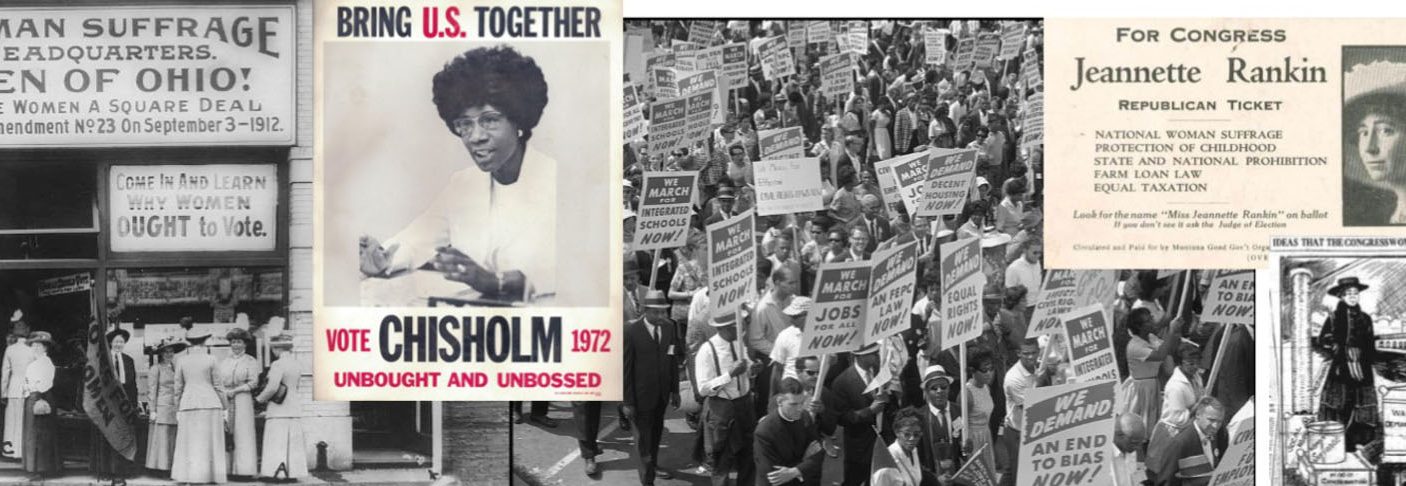Publications*
Crowder-Meyer, Melody. 2022 (2021 online first). "How Gender, Race, Ethnicity, and Their Intersections Shape Americans’ Issue Priorities" Journal of Women, Politics, and Policy 43:2, pgs. 169-183 (ungated version)
Szewczyk, James and Melody Crowder-Meyer. 2022 (2020 online first). “Community Income Inequality and the Economic Gap in Participation” Political Behavior 44, pgs. 479-504 (alternate link) (ungated version)
Related Political Behavior blog post here.
Crowder-Meyer, Melody and Mónica Ferrín. 2021. “The Effects of Ideological and Ethnoracial Identity on Political (Mis)Information” Public Opinion Quarterly 85:3, pgs. 753-779
Broockman, David, Nick Carnes, Melody Crowder-Meyer, and Chris Skovron. 2021 (2019 online first). “Why Local Party Leaders Don't Support Nominating Centrists” British Journal of Political Science 51:2, pgs. 724-749
Crowder-Meyer, Melody. 2021 (2019 online first). “Blogging Your Way to a Research Paper: The Benefits of a Semester-Long Blogging Assignment in the Political Science Classroom” Journal of Political Science Education 17:3, pgs. 482-492
Cooperman, Rosalyn and Melody Crowder-Meyer. 2020. “Standing on Their Shoulders: Suffragists, Women’s PACs, and Demands for Women’s Representation” PS: Political Science & Politics 53:3, pgs. 470-473 (ungated version)
Crowder-Meyer, Melody, Shana Kushner Gadarian, and Jessica Trounstine. 2020 (2019 online first). “Voting Can Be Hard, Information Helps” Urban Affairs Review 56:1, pgs. 124-153 (ungated version)
Related Urban Affairs Forum post here.
Crowder-Meyer, Melody. 2020 (2018 online first). “Baker, Bus Driver, Babysitter, Candidate? Revealing the Gendered Development of Political Ambition Among Ordinary Americans” Political Behavior 42, pgs. 359–384 (alternate link) (ungated version)
Crowder-Meyer, Melody, Shana Kushner Gadarian, Jessica Trounstine, and Kau Vue. 2020 (2018 online first). “A Different Kind of Disadvantage: Candidate Race, Cognitive Complexity, and Voter Choice” Political Behavior 42, pgs. 509-530 (alternate link)
Crowder-Meyer, Melody and Rosalyn Cooperman. 2018. “Can’t Buy Them Love: How Party Culture among Donors Contributes to the Party Gap in Women’s Representation” Journal of Politics 80:4, pgs. 1211-1224 (ungated version)
Related Vox Mischiefs of Faction post: It’s a big year for women candidates — why are so few of them Republican?
Cooperman, Rosalyn and Melody Crowder-Meyer. 2018. “A Run for Their Money: Republican women’s hard road to campaign funding” in The Right Women: Republican Party Activists, Candidates, and Legislators, edited by Malliga Och and Shauna Shames. Santa Barbara: Praeger.
Crowder-Meyer, Melody and Adrienne R. Smith. 2015. "How the Strategic Context Affects Women’s Emergence and Success in Local Legislative Elections." Politics, Groups, and Identities 3:2, pgs. 295-317 (ungated version)
Crowder-Meyer, Melody, Shana Kushner Gadarian, and Jessica Trounstine. 2015."Electoral Institutions, Gender Stereotypes, and Women's Local Representation." Politics, Groups, and Identities 3:2, pgs. 318-334 (ungated version)
Crowder-Meyer, Melody and Benjamin E. Lauderdale. 2014. "A Partisan Gap in the Supply of Female Potential Candidates in the United States." Research & Politics, 1:1 (April 2014)
Related Washington Post Monkey Cage post: "Why the Republican Party doesn't have more female candidates."
Crowder-Meyer, Melody. 2013. "Gendered Recruitment without Trying: How Local Party Recruiters Affect Women's Representation." Politics & Gender, 9:4 (December) pgs. 390-413 (ungated version)
Crowder-Meyer, Melody. 2011. "The Party's Still Going: County Party Strength, Activity, and Influence." Ch. 7, pgs. 115-134, in The State of the Parties, 6th edition, edited by John Green and Daniel Coffey
* Note: If you can't access any of these papers, just email me for a copy!
Work in Progress
“Racial Polarization in Local Elections” (with Shana Kushner Gadarian and Jessica Trounstine)
“Where do Local Women Run?: Institutional, Political, and Party Determinants of Women's Representation in Local Office in the U.S.”
“Pipelines to Equal Representation? Gender, Candidacy, and Campaigns for Local and State Office” (book project)
